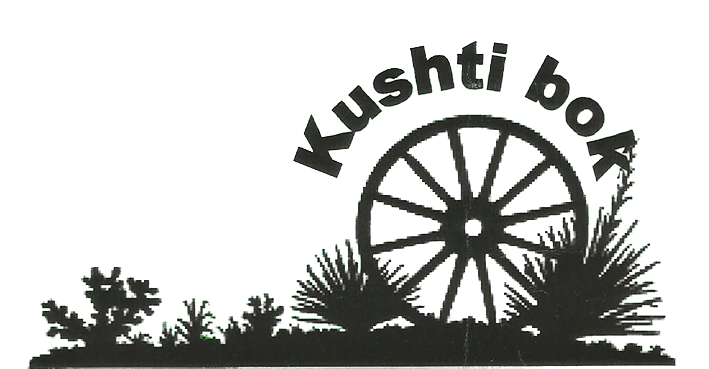June is Gypsy Romany and Traveller History Month, and during the month we will be sharing four blogs written by a DHC volunteer and professional genealogist about the challenges and unique features of researching GRT family.
You can find further information about researching GRT ancestors and about some specific families at The Romany and Traveller Family History Society’s website.

We are proud to work with Kushti Bok, Dorset’s own Gypsy, Romany and Traveller organisation which undertakes a wide variety of activities from raising awareness of GRT history and lifestyles at public events to vital advocacy work for today’s GRT people in the West Country. Kushti Bok is run entirely by volunteers so if you’d like to find out more and support their work do contact them.
Our first blog looks at some of the challenges you might face when researching GRT ancestors…
—
What’s in a name?
Most of us know someone who is not known by their first given name – preferring to be known by a nickname or one of their other given names – but most people are consistent in their use of a surname.
Anybody who has undertaken family history research is used to women taking their husband’s name on marriage, children taking a stepfather’s surname or maybe a change of surname in order to receive an inheritance. With a little research there is often clear documentary evidence behind a surname change.
If an ancestor used an alias as part of criminal activities, court and prison records would record this and, often, cross reference with records of crimes committed under all aliases.
However, how do you confirm that you have found the right person when use of a surname appears totally inconsistent? For anyone researching travelling ancestors, such as Gypsies, it is important to construct the whole family following paternal and maternal lines for each generation as shown in the short example below:
Betsy AYRES appeared living in a Gypsy caravan on the edge of Winchester, Hampshire on the 1871 census. It is not until doing research on all of her siblings that you can identify that her father was Daniel, also known as Dangerfield, JAMES. This then allows her marriage to Henry HUGHES to be linked to the tree and her married life in Dorset. When Betsy’s son, Dangerfield HUGHES, was registered, according to the GRO index, the mother’s maiden name was recorded as STANLEY, yet this seems to be his paternal grandmother’s surname as well as that of a maternal great-great grandmother.

Family history researchers are constantly reminded to be flexible and view findings objectively, but when an individual’s sense of identity was not tightly bound to a given name or surname there is a challenge to being confident that correct individuals have been identified. Recreation of a full family tree is essential to demonstrate the accuracy of links and the changeability of names.


You use Gypsy, Romany, and Traveller interchangeably. Is there a difference?
Is one politically incorrect? In my community, the local government changed the name of the Gypsy Moth to the Spongy moth because it wanted to be inclusive and thought Gypsy derogatory.
Hi Stephen, thanks for your interest. Gypsy, Roma (or Romany) and other Travelling people including New Age Travellers and Irish Travellers can have considerable cross-over in terms of their concerns and social links. For this reason GRT is often used to mean all of those communities. However, sometimes the communities can have more specific concerns. You can read more on this subject here.
Regardless of the renaming of the Gypsy Moth insect, the term Gypsy is not derogatory in itself and refers to a community of people who use the term to describe themselves.
Ellen Ayres, daughter to Maurice & Mary. She died very young leaving 4 small children. Maurice & Mary cared for the girls after. The sons went to thier father. He was a ruffian, all, ways in trouble with the law, in, out of prison. The oldest daughter had no time for her father and never used his name,always going by her mother’s maiden name, Ayres. Both sisters married into known gypsie family’s.